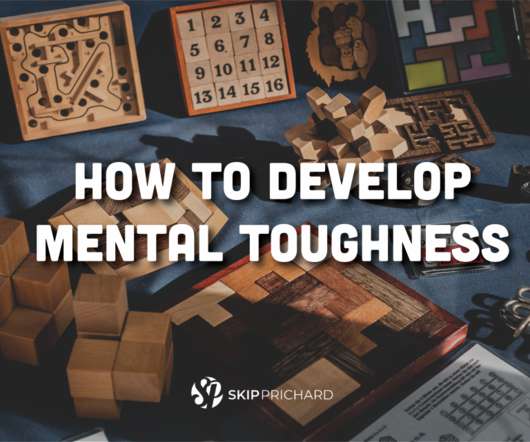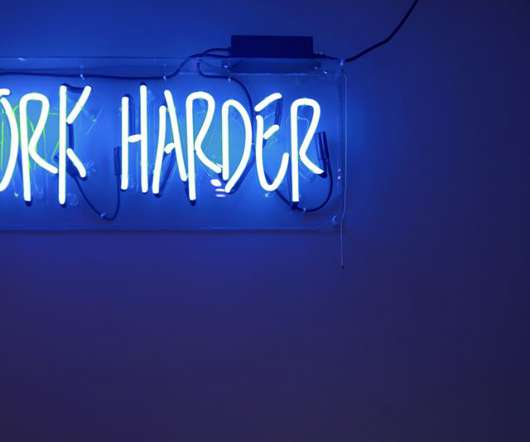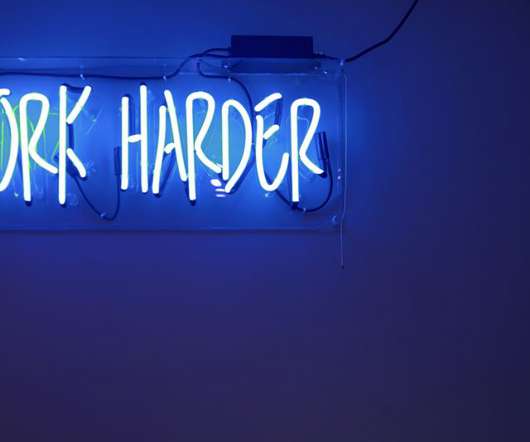How to Develop Mental Toughness
Skip Prichard
JANUARY 24, 2021
This question is critical, and it is the tool for redirecting your problem-centric thoughts onto more productive and positive thinking. Focusing on one thing that could improve the current situation is the most productive way of working toward results. Expectancy theory states “that which you focus on expands.”














Let's personalize your content